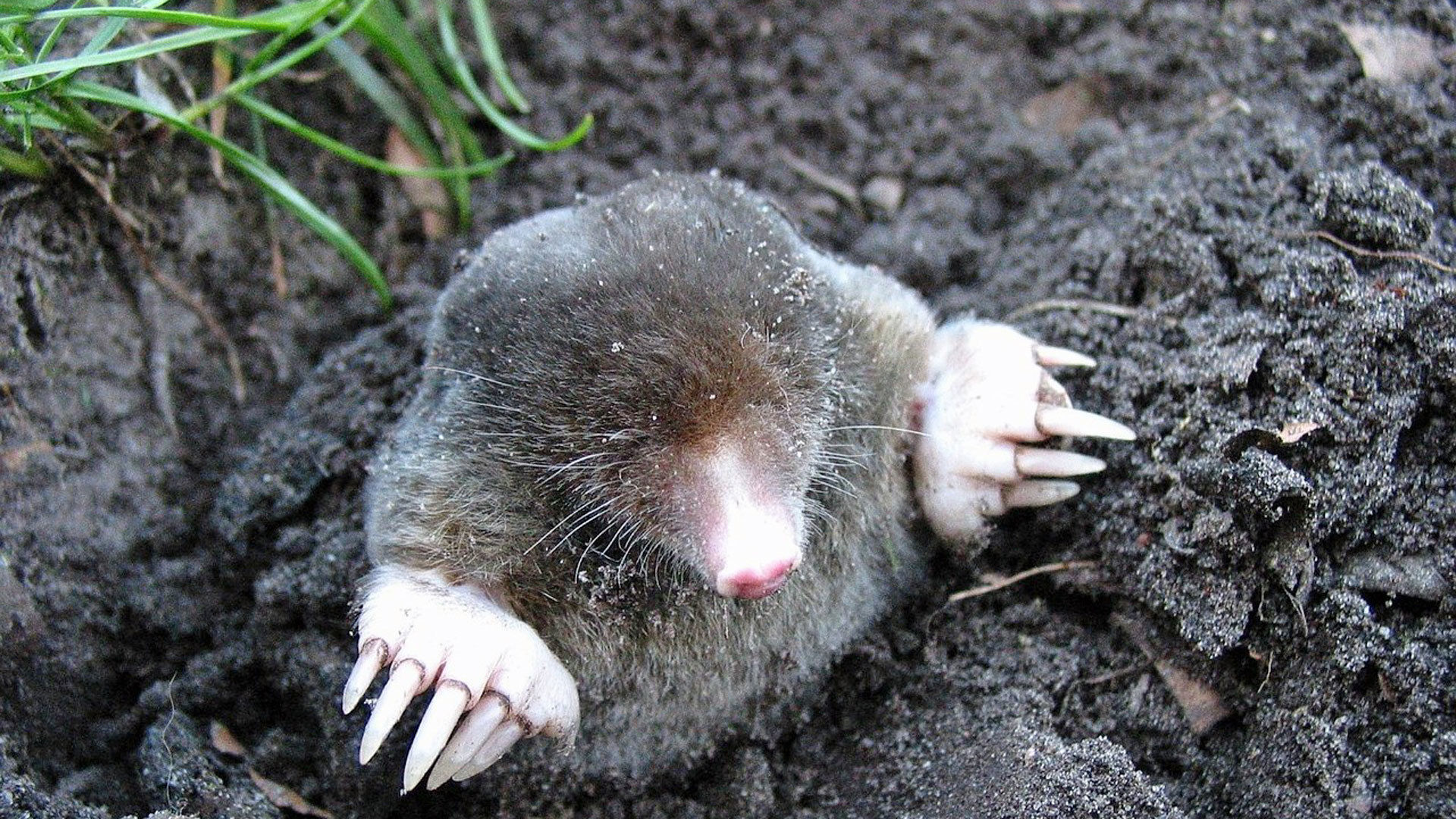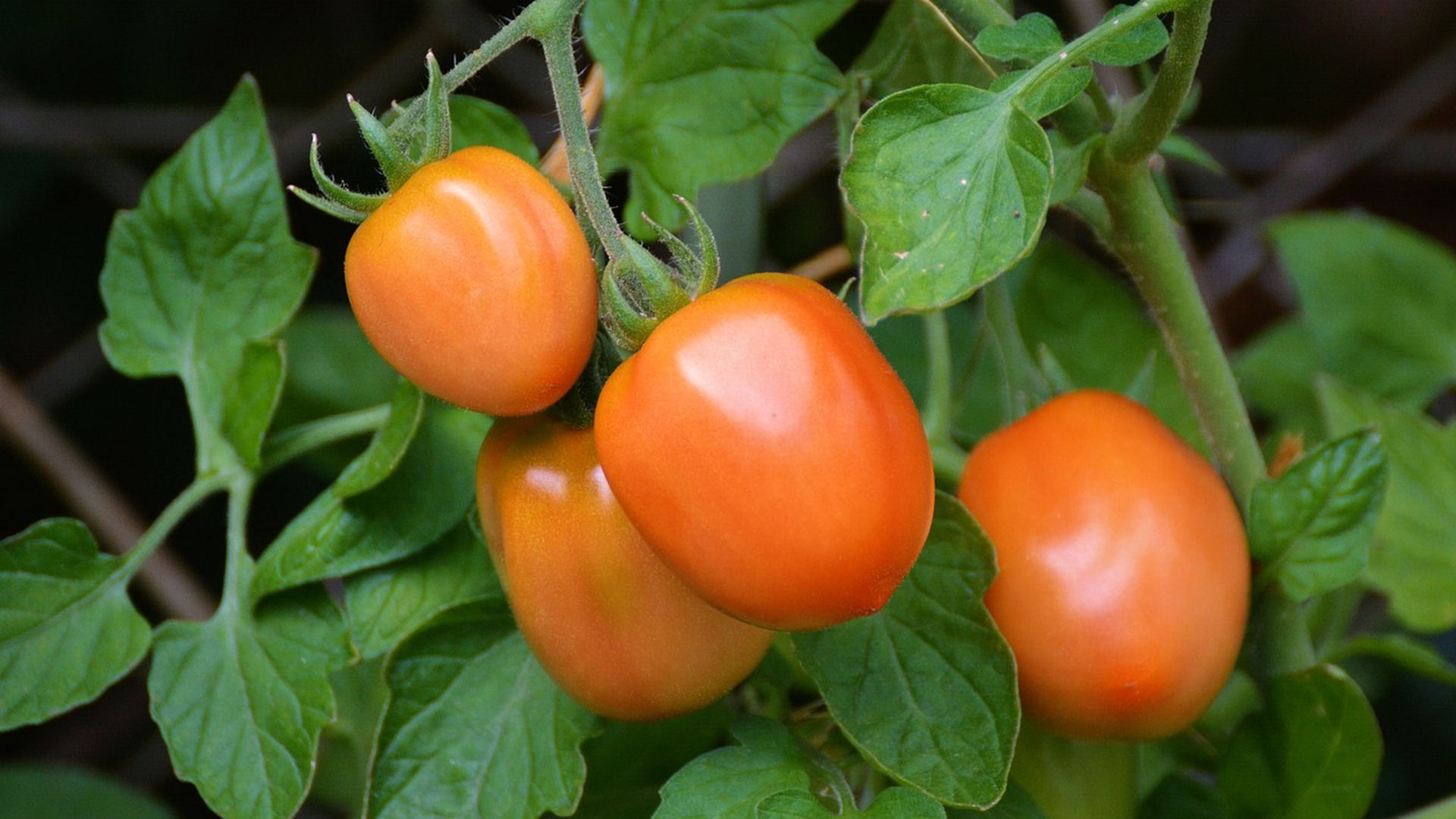Five tips for the gardener
Love of work in the open air, cultivation of fruit trees, berries and vegetables is what people have at their genetic level as a gift from their ancient ancestors. In terms of history, it is the development of agriculture that has given man greater advantages over wildlife.
The advent of a useful and comprehensive diet because of agriculture has led to an increase in the human brain and accelerated the progress of civilization.
However, it takes a lot of effort and time to work in a garden. Based on many years of experience, experienced gardeners have formulated a series of recommendations to optimize work on the ground, to free up energy and time for creativity and recreation.
So, here are five good gardening tips.
1. Organic fertilizers from food waste
Food residues are the optimal raw material for fertilizers. Those fertilizers that are produced by the chemical industry are too expensive and are also often harmful to health. Everyone knows the harm of nitrates and pesticides, but that’s not all the danger from synthetic fertilizers.
A common food residue pit in a garden area is a free generator of efficient and safe fertilizer for crop plants.
2. Tomato plant is a natural remedy for garden pests
In history, at the beginning of tomato cultivation, people often fell ill from the wrong plant.
Tomato stems and leaves contain poisonous substances but are also harmful to pests.
For natural disinfection, it is enough to press the tomatoes in the water for only 48 hours, after which the parts of the plant affected by the insects should be sprayed.
3. Cover of gourds to help you get rid of the slugs
Slugs of all kinds are a real storm in the garden, but getting rid of pests is not as easy as it looks. The use of chemicals does little or no good to the gardener and his family.
It has been noted that garden slugs love the taste and smell of melons, watermelons, courgettes and pumpkins. You should decompose the cover of gourds left after lunch, for the night between the patches.
In the morning gather cover of gourds with slugs that have come to eat tastily and take to the trash or destroy so that they do not spread around gardens.
4. How to water the onions properly
Despite the harsh smell and heavy taste that causes people to cry and sneeze, garden pests eat this plant with a great appetite.
To get rid of onion pests, you can make a simple solution from water, ashes and manganese.
- Standard bucket of water (10 litres).
- Glass and a half of wood ash.
- Pinch of manganese.
Besides the rapid destruction of pests, watering the onions with this solution will make them more juicy and tasty.

5. How to get rid of moles on the property
Although moles are very important in the cycle of processing organic residues in the soil and are beneficial in terms of increasing fertility, none of us wants to see them in the process of eating root crops and vegetables on the property.
Gardeners recommend an effective method of mole control based on natural means.
- Moles will leave if salt fish brine or pig excrement diluted with water is poured into their minks.
- If you have sharp thorn bushes growing on your site, you can use their branches to create obstacles to the advancement of the underground inhabitants.
- The spiked branches should be buried in the mole’s burrows.
These helpful gardening tips will help to solve a number of important problems on the site with only natural resources, and in so doing you will be able to avoid harming the environment, the health of you and your loved ones and pets.



